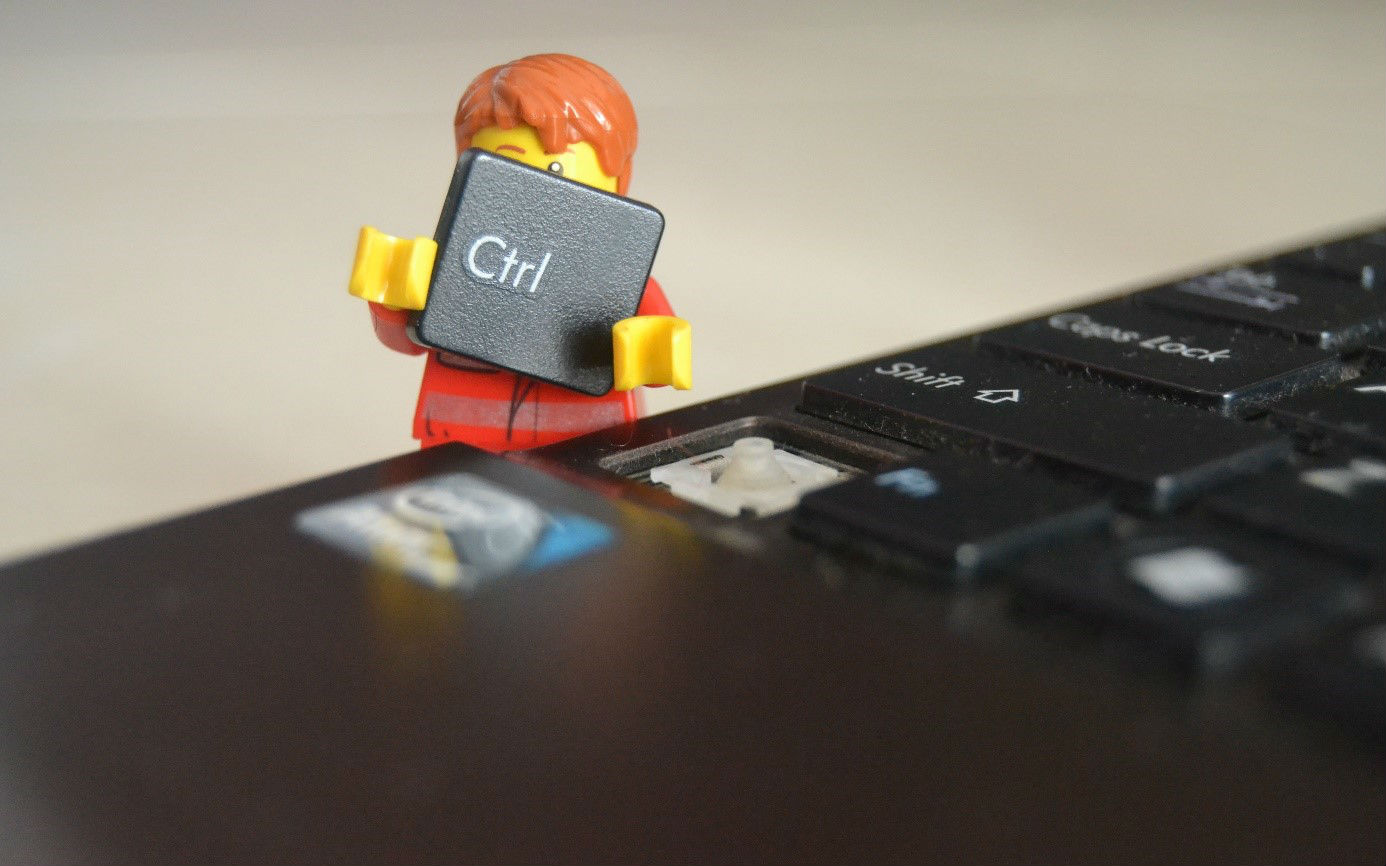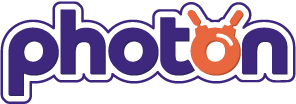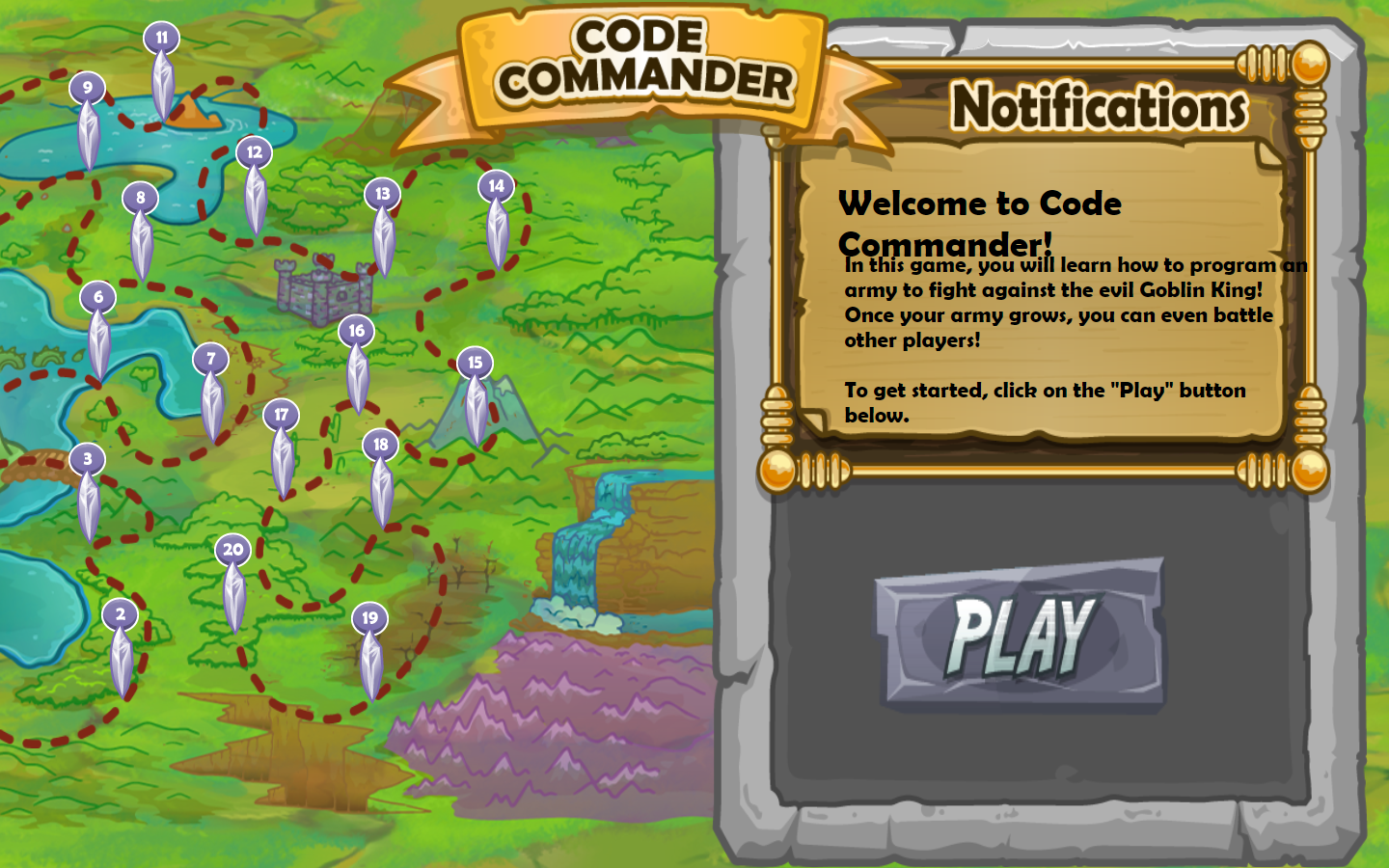
How Does Programming Help Your Kid Achieve Success
Why do parents decide that their offspring should tackle programming? Is it really healthy at this age? Shouldn’t they be playing with teddy bears, dolls and plastic trains?
Few years ago, when I had my first internship at a local tech design company I’ve taken notice of a young boy visiting us each Friday. He was about seven years old and was partaking in what looked like some sort of private lessons with our boss. At first I thought she was helping him with mathematics but when I finally asked, it was hard for me to believe. The kid – once again: a seven year old boy who must have recently mastered the alphabet – was attending programming lessons. Looking back at that sounds quite funny, considering I’ve found myself working on a robot tasked with teaching kids to code.
But how do kids benefit from learning something like this when they’re so young? Is it worth their time? Let me show you.
Healthy Development
Before we get to more technological advantages of learning programming let’s focus on something more down to earth. Just like mathematics, coding can aid children in dealing with everyday tasks and problems, not necessarily related to the subject. Exposure to basics of building computer programs is one of the best brain exercises that a young mind can take part in.
Children who learn coding:
- Acquire advanced problem solving and decision making skills earlier and can take advantage of them, when they meet some difficult situations at school or in everyday life.
- They get the habit of looking at difficulties from a wider perspective and realize, that even the biggest challenges can be solved with a bit of patience and strong will.
- Get better results at STEM related lessons and courses, because they’ve witnessed real working examples of things that most kids know only as a theory.

- Boost their creativity. Instead of thinking similarly to zero-one grading systems used at schools, they understand that there are almost no questions with just a single answer, and that there are no limits to imagination if you have a proper set of tools.
- Exercise and develop their logical thinking ability in a faster and more effective manner.
Digital Literacy

Digital literacy is a term that can be easily mentioned among the most popular phrases circulating the internet as of late. In a world when even a microwave stove gets connected to the web, it gets progressively harder to learn to properly use technology. Sure, kids get their hands on complicated devices by the time they say their first “mama”, but the overwhelming amount of sensors and mainboards all over us can be too much for almost anyone unprepared.
The popularity of the UX design and making everything user friendly is great but can also affect how much do young people understand electronics, and keep them from making the most of these.
Learning coding at a younger age not only makes children more familiar with everyday tech, but grants them something much more valuable: understanding how and why it works. Someone, who has tried programming even the most basic stuff, can quickly grasp how smart home devices or advanced programs used at work function. With this knowledge, not a single piece of electronics will surprise your kid in his or her future life and they’ll be safe from getting digitally excluded.
Job Opportunities
Most big companies nowadays are desperate for programmers. And not just strictly IT related ones. Even medical, science or art oriented businesses strive to put their hands on anyone acquainted with composing lines of code. And besides these, there’s simply no category of company that doesn’t benefit from getting a mobile app. Even the most tech resistant brands have warmed up to the idea and are looking for talented code ninjas.
Almost all types of languages are in demand, with SQL, Java and Python leading the race. IT-oriented jobs are among the top paid and most sought after in the market. People who have programming skills in their CVs have incomparably more offers to pick from.
So how is it? Did I manage to convince you? Want to try writing some code with your precious little rascal? Just grab Hopscotch, Scratch or our dear Photon and get on with it! 🙂



